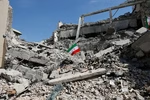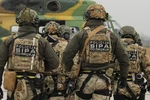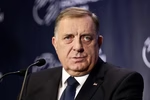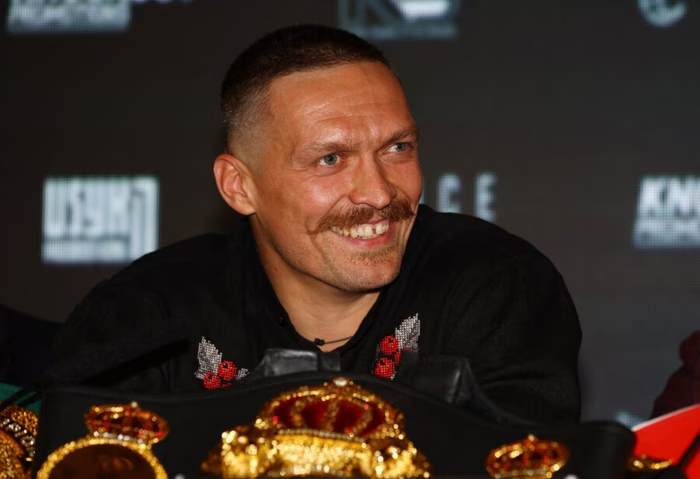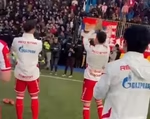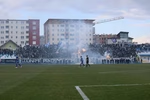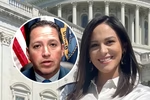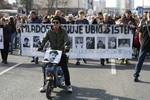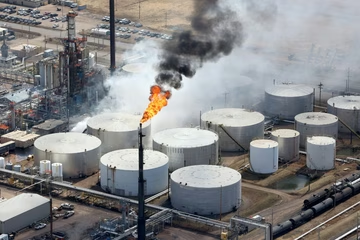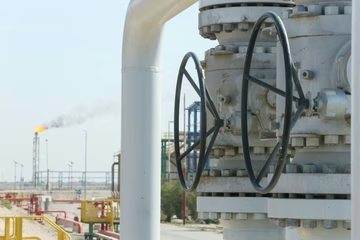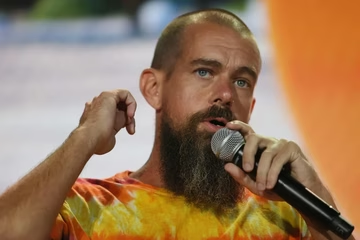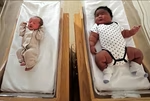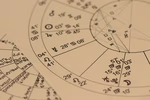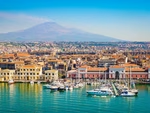SDP deputy leader: Last year was politically very turbulent
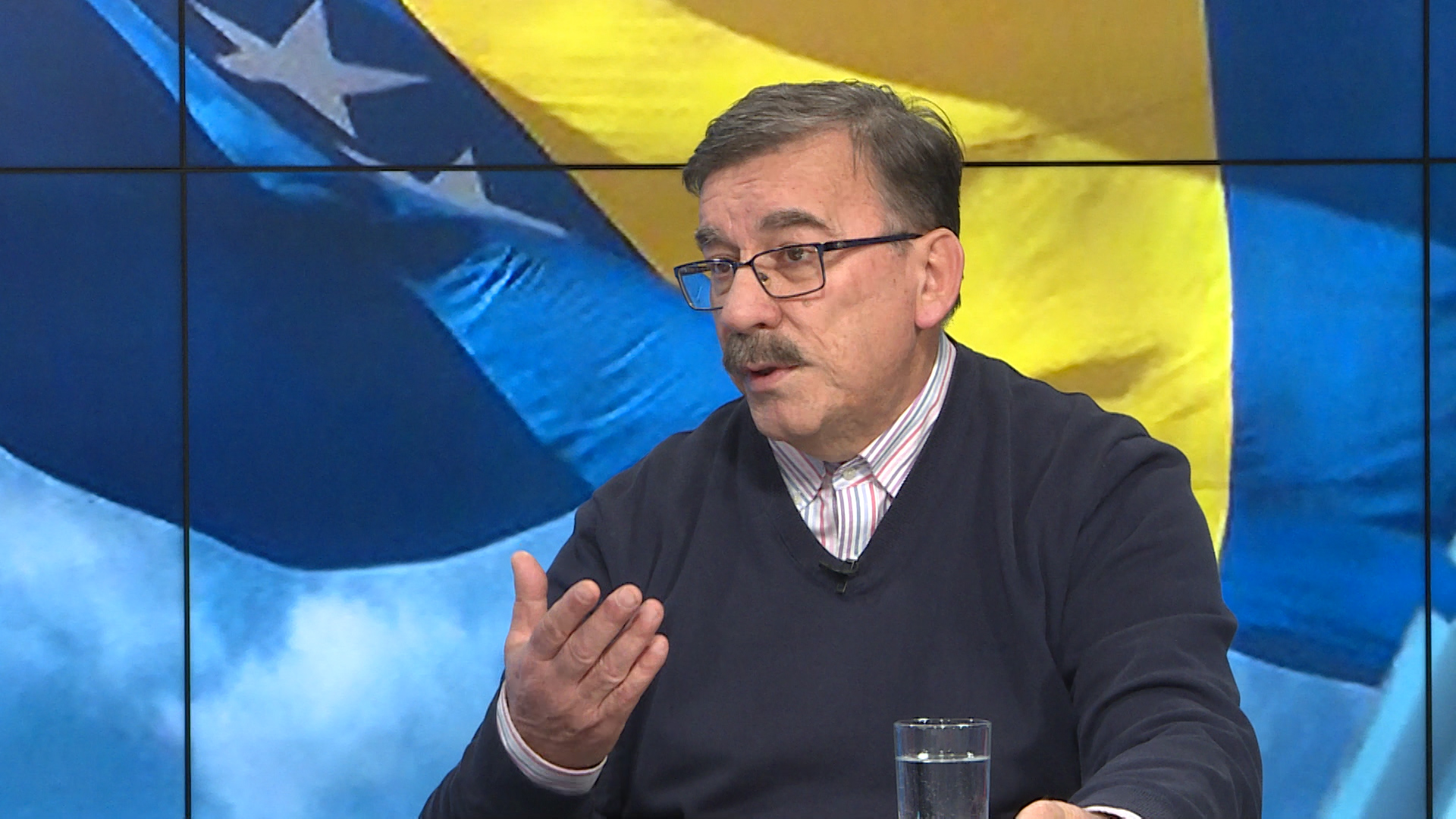
The past year was a turbulent one. We had a government but only on paper, there were countless political misunderstandings, denials of the state by state officials, as well as Croatian and Serbian interference into our internal matters, Social Democratic Party's (SDP) deputy member Miro Lazovic told N1.
Oglas
"It was a very turbulent year, and I wouldn’t want it to be an introduction into 2019," he said.
Speaking about the government formation process after the October 2018 general election, he said that his party is trying to implement a policy where the focus would be on the solutions for the state level.
Lazovic added that the SDP should be a serious political party which should show that it is a party that knows what is good for the country, and the way to do so is through statements and its own policy.
Oglas
"The SDP must show that it knows what the state is, knows how to protect this country and that it’s a party that has a strong state-building policy," Lazovic concluded.
The SDP and the civic parties gathered around it won most votes in the Federation of Bosnia and Herzegovina’s cantons where it is trying to push out the nationalist Democratic Action Party (SDA) from the government, even though that party alone won the most votes in this entity.
In general, nationalist parties such as the SDA and the Croat National Union (HDZ BiH) won the most votes in the Bosniak-Croat dominated Federation of Bosnia and Herzegovina, whereas the Alliance of Independent Social Democrats (SNSD) won by a landslide victory in the Serb-dominated part of Bosnia, the Republika Srpska (RS).
The government formation process in the RS was quite clear and easy, with SNSD dominating the political scene, but the FBiH proved to be in a more complicated situation where civic parties are trying to form governments at the cantonal and entity level, thus dominating most of the government in this entity.
Oglas
The State level, however, will most likely be formed by the SDA, HDZ BiH and SNSD.
Kakvo je tvoje mišljenje o ovome?
Učestvuj u diskusiji ili pročitaj komentare
Oglas
Kakvo je tvoje mišljenje o ovome?
Učestvuj u diskusiji ili pročitaj komentare
Oglas
NAJČITANIJE
Oglas
Oglas
Najnovije
Oglas
Oglas





 Srbija
Srbija
 Hrvatska
Hrvatska
 Slovenija
Slovenija














